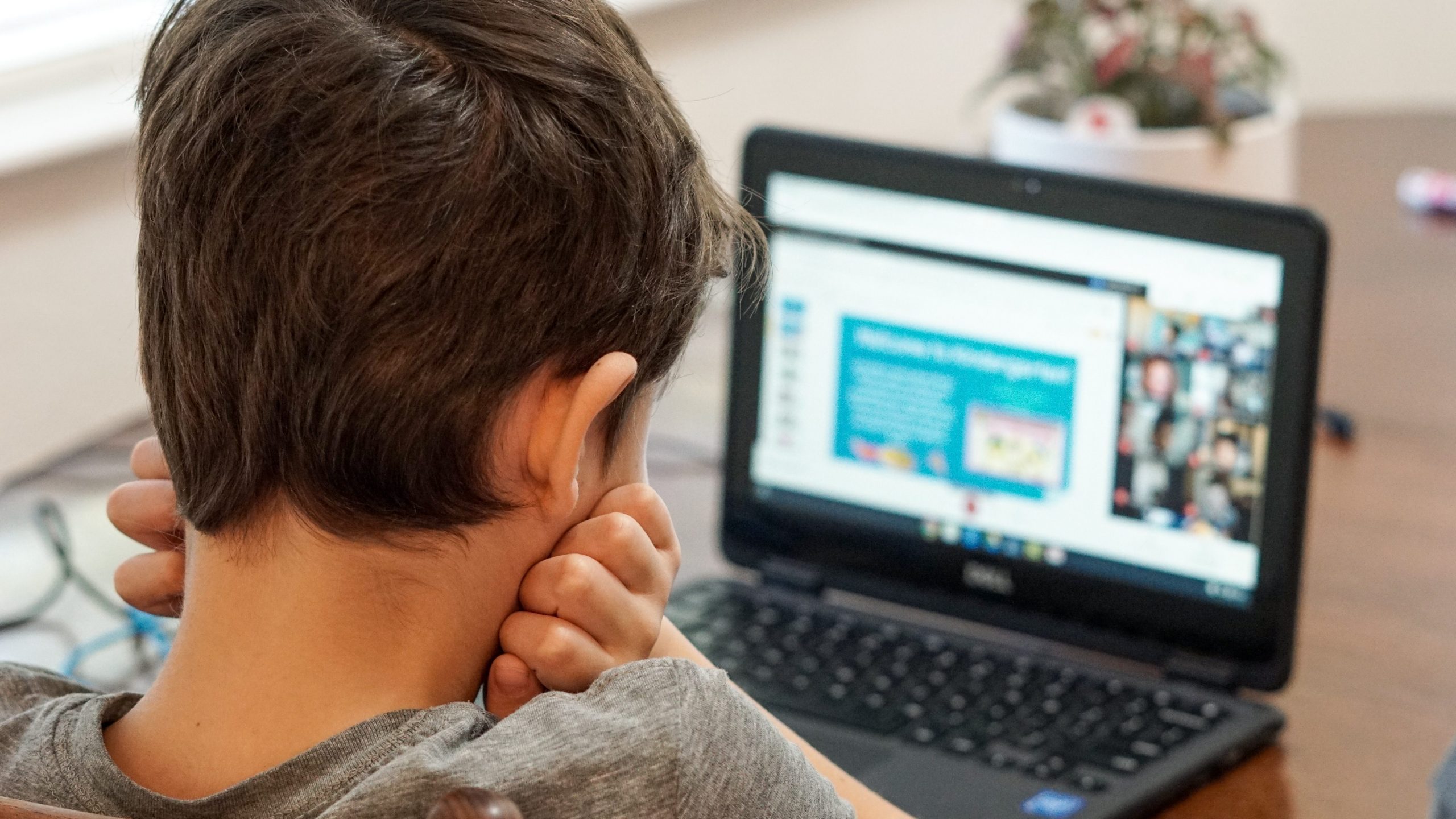The purpose of pursuing a master’s programme could be many, advancement in career, aiming for a higher salary, growth opportunities, thirst for knowledge, switching careers, etc. A Master’s degree can be pursued to add knowledge on the subject already studied in an undergraduate degree or a new subject regardless of what was learned earlier. It could be your second degree, one of the several you pursued through the career or the very first degree you wanted to earn and get that formal qualification.
There are numerous options and specialities that you can choose as your major for your master’s degree. However, a few majors have become hugely popular amongst students as these are in great demand by employers, offering better career prospects and employment opportunities.
So, which master’s programme has made it to the top of the list in 2022? Let’s have a look:

1. Project Management
Just as the name suggests, a project manager takes the lead role in planning, organising and completing a project. Since the project manager skills are easily transferable, they can work in any industry such as banking, tech, retail, pharma, or telecom industry, to name a few.

There has been an ever-increasing demand for project managers, and the economic hit suffered due to Covid-19 across the globe has only strengthened the need for project managers. The disruptions caused by the pandemic have resulted in governments earmarking and spending trillions of dollars on recovery projects.
With millions of new projects across several industries being put into production, project management is here to stay.
2. Procurement, Logistics and Supply Chain Management
Another hugely sought-after specialisation in 2022 is supply chain management. The entire world faces supply crunches for several goods and essentials, with most being back ordered for months. The role of a good supply chain manager is to analyse business processes, identify efficient procurement sources, establish a stable, reliable, and cost-efficient logistics network, and always ensure sufficient inventory levels while minimising costs.

A master’s degree in the field will ensure global career opportunities in purchasing, logistics and consulting.
3. Leading Innovation and change

In any business or organisation, change is inevitable. If you are a professional leading and supporting innovation and change in the organisation or community, this specialisation is right for you. A good innovation manager must be good at managing projects and managing change. They help shape the organisation’s culture and processes and provide necessary training to ensure innovative success. Modern organisations provide ample opportunity and rewarding careers for innovators in different roles such as Chief innovation officer, Business development lead, Innovation consultant, Change agent, Innovation strategist and Transformation manager.
4. Healthcare Management
If you are looking for a rewarding career focused on healthcare, a master’s degree in healthcare management can jumpstart your career in the field. As a healthcare administrator in roles such as healthcare consultant, Clinical Director, Administrator, and Healthcare manager, you can serve people and the community in improving their health while being on the administrative side of healthcare. There is an increasing demand for managers to look after the day-to-day operations and efficient management of resources in healthcare.

5. Data Analytics
In this changing and dynamic business environment, traditional methods of doing business and catering to consumer needs is a thing of the past. Nowadays, all businesses and services are being provided online. There is a need to understand consumer behaviour and cater to their specific and, where possible customised demand. The Internet has shrunk the world, and there is a sudden influx of information and big data. Big corporations want to defeat the competition and gain valuable insights into consumer behaviour by analysing data.

The good news is that Robert Kennedy College offers all the above top trending specialisations of 2022. Talk to one of our advisors today about enrolling in one of these programmes!
















